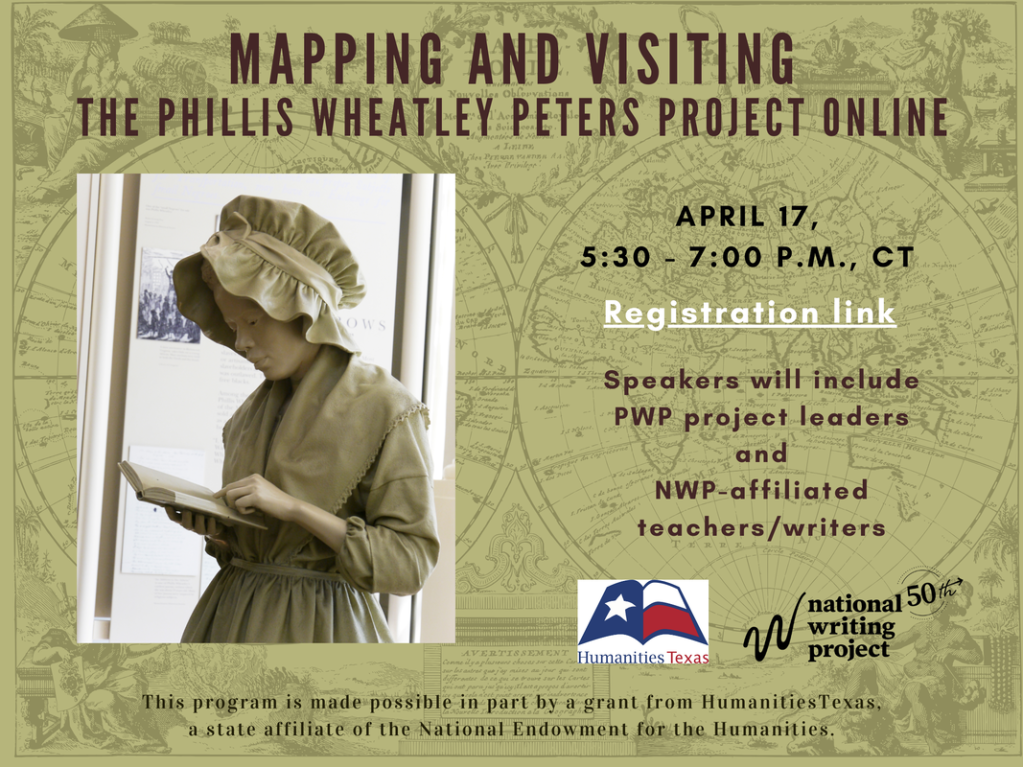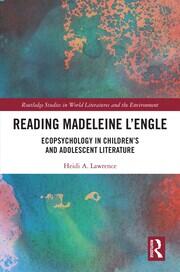Recovery Hub for American Women Writers: Call for Consultants
Join a network of consultants, built of people (researchers, technicians, scholars) interested and invested in the recovery of the work of women writers using digital methods. This network includes people with a variety of skills and experiences who can help those working on new and growing digital projects engage in the recovery of women’s writing. Consultants advise projects’ members on what technologies can be explored, leading them to information, resources, and methods. Consultants will have a general familiarity with the digital humanities, experience with current tools and methods, and an awareness of projects that can serve as models.
The Recovery Hub for American Women Writers supports projects recovering the work of women writers by providing digital access to forgotten or neglected texts and/or extending them with network mapping, spatial analysis, multimedia storytelling, innovative contextualization, and the distant reading of massive datasets. The Recovery Hub explores the intersecting relationships between feminist practice, content, and technical specifications with an awareness of the ways that the design and implementation of technology can exclude and objectify people. The Hub fosters collaboration, mentorship, and community-building among women working in the digital humanities while seeking feminist and decolonial approaches to the creation, curation, design, sharing, and archiving of digital content.
Duties
Consultants will commit to working with the Hub for one year and be paid $25 per hour of consultation, including paid training over Zoom. They should expect to support a wide range of projects that approach the Recovery Hub each year and participate in monthly meetings with Recovery Hub staff. Consultations take 45 minutes, after which consultants compile notes about recommended next steps, remaining questions, and relevant resources for the project team.
Qualifications
The Hub is looking for consultants from a wide range of academic backgrounds, including faculty, staff, graduate students, programmers, designers, independent scholars, etc. Committed to cultivating a community of diverse scholars as well as inclusive project content, the Hub’s Advisory Board aims for at least 50% of its affiliated projects to recover Black, Indigenous, Latinx, Asian, and LGBTQIA+ stories, texts, experiences, and voices. The Recovery Hub is looking for consultants with one or more of the following:
- GIS
- TEI
- Text analysis
- Project management
- Network analysis
- Web development
- Graphic design
- Web accessibility design
- Digital archiving
- Digital storytelling
- Metadata
- Audio and video production
- Ethics of digital production and technology
- Grant writing
- Digital community engagement
The work of consultants should be consistent with the principles outlined in the Recovery Hub mission statement.
How to Apply
Submit a one-paragraph statement of interest with a two-page CV and (optionally) links to relevant project experience or a portfolio to margars@siue.edu. For priority consideration, apply by May 24, 2024. However, if you submit after the deadline, we will still consider applications as needed.

